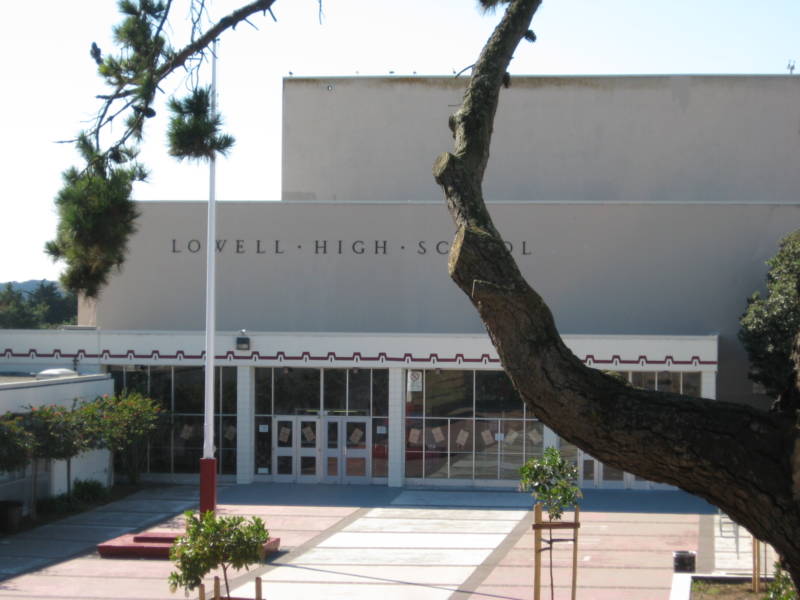District 7 Supervisor Myrna Melgar, who authored the student journalism resolution, said actions like reassigning an adviser can have a “chilling effect” on student journalism going forward.
“Aside from the wrong that I think is experienced by this teacher, it’s a bad lesson for the kids, right?” Melgar said. “This is who I did this for, because I feel like the kids should know that there are adults in a position of power who are watching and also that they have our support.”
The resolution is co-sponsored by six other supervisors, and Melgar said she expects it to pass unanimously because no one has dissented yet.
Thomas Harrison, one of the editors-in-chief at The Lowell, said he and other student journalists plan to attend the Supervisors’ meeting in support of the symbolic resolution, as well as Tuesday’s Board of Education meeting.
“[Gustafson’s] reassignment means that we would be losing his expertise. We would be losing a lot of this support, and we really don’t think that this is in the publication’s best interest,” Harrison said.
After the publication of the October cover story, Harrison and Gustafson both said administrators asked for advance copies of future publications. But it was ultimately the student editors-in-chief who denied that request, Gustafson said.
Harrison said he and other student journalists felt intimidated by the meeting with administrators, a feeling that was amplified by the reassignment of their adviser in the months following the story’s publication.
“The really difficult part of this for both them and me is you were being told, ‘You’re not doing anything wrong. We support student journalism.’ But then, you’re in the principal’s office, and you’re getting reassigned,” Gustafson said.
Melgar said the school board intends to issue a formal response to her resolution. The district did not respond to a request for more information about the pending response.
David Snyder, executive director of the First Amendment Coalition, a group that promotes free speech, said the district’s decision set a dangerous precedent.
“It’s alarming when school districts go after newspaper advisers, because newspaper advisers are there in part as teachers and part as advocates for their students,” Snyder said. “They are a really important part of the journalism experience for high school students, and it’s a bad model for students to see their teacher being punished by the government for exercising First Amendment-protected rights.”


